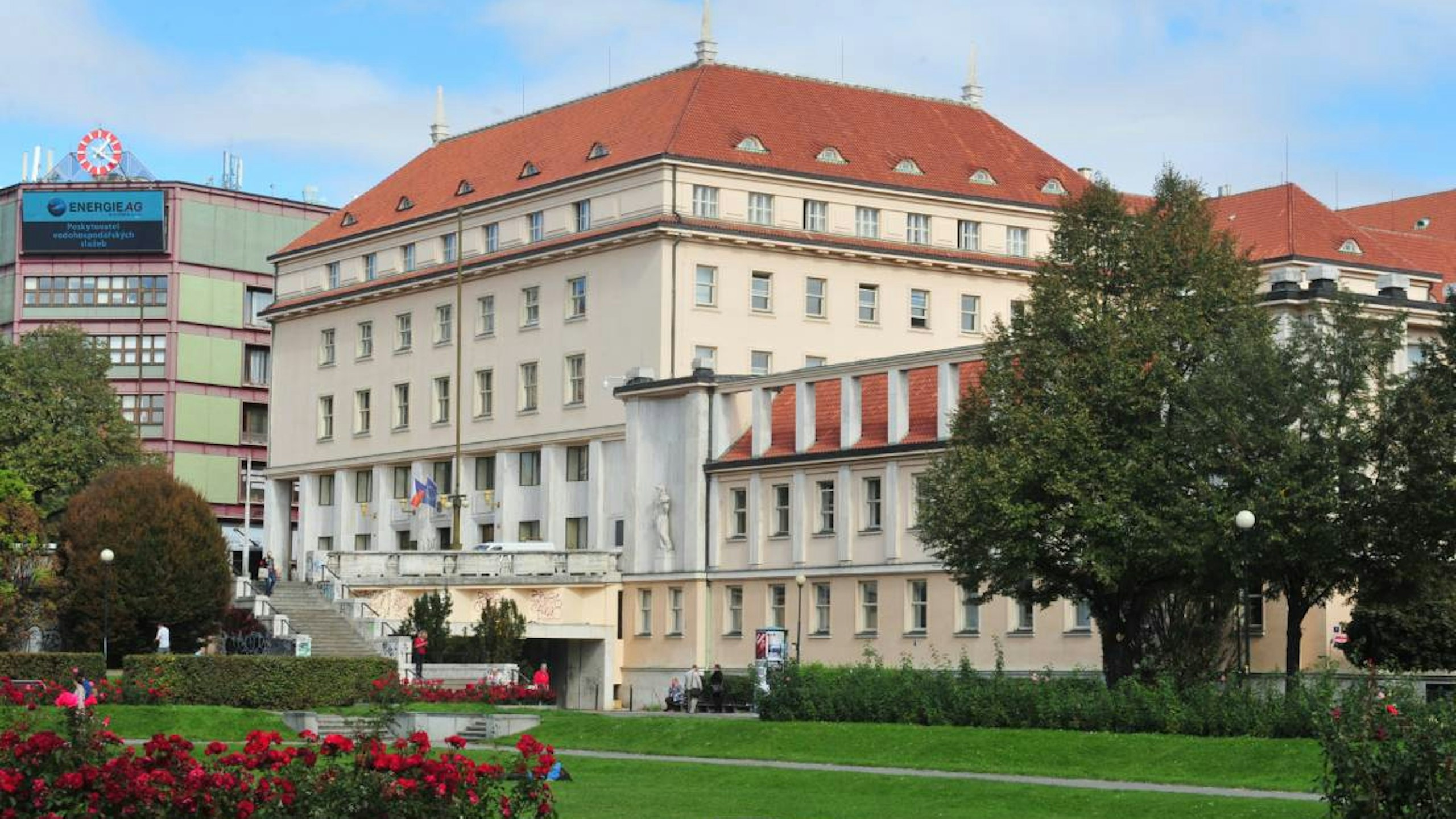Cancer Policies
The Czech Republic has a National Cancer Control Programme (NCCP) since 2006. Its main objectives address cancer prevention, lowering the incidence and mortality rate, improving quality of life of patients, rationalising the costs of diagnosis and treatment and optimising access to new diagnostic and treatment procedures.[1] Proposed by the Czech Oncological Society, the NCCP has been supported by Czech hospitals, and also by the Ministry of Health.[2] The cancer plan addresses elements such as the continuum of cancer services and supportive and palliative care, but it lacks in addressing patient-centred care or including specific targets. The document lacks an implementation framework (including for example details on leadership, a timeline and financial resources) and monitoring and evaluation details. Lack of specificity on these aspects makes a concrete and coordinated national effort against cancer difficult to achieve. Indeed, it has been noted that as the programme was initiated by the Czech Oncological Society, a professional body, it is not properly resourced, while it lacks broad social and political support.[3]
“As to general policy, I would say that there is a lack of a conceptual work, on the national level,” notes Jirina Bartunkova, Board of the Czech Society of Immunology and Head of the Department of Immunology of the 2nd Faculty of Medicine of Charles University in Prague &Motol University Hospital. “I would say things are moving in a chaotic way”
Tomas Dolezal, Managing Director of the Institute of health Economics and Technology Assessment (iHETA), adds: “there is no KPI that should be achieved within 5-10 years, or what the tools are to get there”. A well-structured plan is especially important in times of uncertainty, providing stability for the cancer project. According to Jana Prausova, President of the Czech Society for Oncology, there is a risk that Covid-19 may disrupt pre-existing plans in the field of cancer. “We need a long-term vision of sustainability, of high-quality treatment, and motivation for realising a long-term concept,” she adds. Similarly, Dr Špecián notes: “We have seen funding diverted to other urgent areas such as Covid, and it is important to have funding for all health areas. It is important to have money in our budgets allocated to cancer.”
But progress in this area is happening. The current NCCP has been revised and updated, and in April 2021 a newer version was presented to the Ministry of Health, though it has not yet been adopted. Expected changes include an emphasis on multidisciplinary teams, patient-centred care, new types of treatment, and a larger emphasis on prevention and screening programmes.[4] A final version is expected by the end of 2021, according to Veronika Cibulova, General Secretary of the patient organization VERONICA. “Now the documents will be presented to the respective stakeholders, I expect that patients will be one of the groups that should be commenting on it,” she adds.
